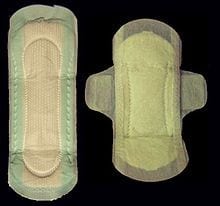
Agriculture
February 5, 2024
ZanaAfrica Pads
Read SolutionImplemented by
Zana Africa
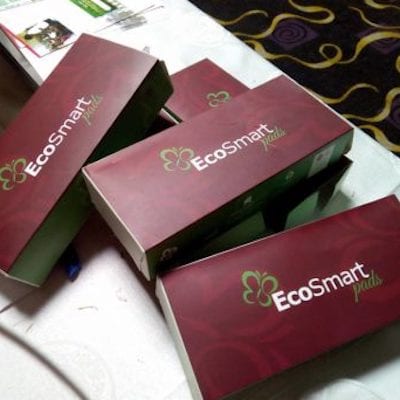
Updated on February 21, 2024
·Created on October 20, 2020
EcoSmart Pads are biodegradable menstrual pads made from local sugarcane fiber.
EcoSmart Pads are biodegradable menstrual pads made from local sugarcane fiber produced and distributed in Uganda. They are produced by EcoSmart Uganda. They are still in the product development stage and working towards commercialization.
Target SDGs
SDG 3: Good Health and Well-Being
SDG 5: Gender Equality
Market Suggested Retail Price
$0.42
Target Users (Target Impact Group)
Household, Community
Distributors / Implementing Organizations
EcoSmart Uganda is supported by Ka0 in partnership with the United Nations Population Fund.
Competitive Landscape
Direct competitors include AFRIpads Menstrual Kit, ZanaAfrica Pads, and Saathi Pads.
Countries
Uganda
Manufacturing/Building Method
This product is produced in Uganda and uses locally available sugarcane fibers.
Intellectural Property Type
Patent
User Provision Model
The designers have not yet selected their user provision model.
Distributions to Date Status
None
Absorbency types
Regular
Absorbent base materials
Sugarcane fibers
Usability Features
N/A
Design Specifications
The product is made from sugarcane residue. The residue is boiled in water to remove the sugar content and to soften it. Then, the solution is sieved to isolate the fibers, which are then dried and processed into the pads.
Technical Support
Provided by the manufacturer
Replacement Components
Unknown
Lifecycle
Unknown
Manufacturer Specified Performance Parameters
Designer specified performance targets include: low cost, biodegradable in nature, and comfortable in use.
Vetted Performance Status
The prototype has been lab-tested for absorbance at the Micro-Biology lab at Mbrara University of Science and Technology. The manufacturer has applied to MUST Institutional Review Board for approval to test the prototypes on girls and women for feedback on usability. No third party testing has been completed.
Safety
The pads shouldn’t be used more than 8-10 hours.
Complementary Technical Systems
None
Academic Research and References
Study on menstrual management in Uganda., Aug. 2013.
J. Hennegan, C. Dolan, M. Wu, L. Scott, and P. Montgomery, Schoolgirls’ experience and appraisal of menstrual absorbents in rural Uganda: a cross-sectional evaluation of reusable sanitary pads. Reprod. Health, vol. 13, no. 1, pp. 1–12, Dec. 2016, doi: 10.1186/s12978-016-0260-7.
G. Miiro et al., Menstrual health and school absenteeism among adolescent girls in Uganda (MENISCUS): A feasibility study. BMC Womens. Health, vol. 18, no. 1, pp. 1–13, Jan. 2018, doi: 10.1186/s12905-017-0502-z.
Kao, “Kao Begins Support for Menstrual Hygiene Improvement Project in Uganda“, 2019
Bahati, Linnete, “Uganda: Affordable eco-friendly sanitary towels made out of sugarcane“, Africa News, 2019
Compliance with regulations
Unknown
Evaluation methods
The manufacturer has applied to MUST Institutional Review Board for approval to test the prototypes on girls and women for feedback on usability.
Other Information
The product video can be found at this link. EcoSmart pads is an UP Accelerate 2017 alumni and won the 2018 Big Idea Innovation challenge by Makere University.

Agriculture
February 5, 2024
Implemented by
Zana Africa
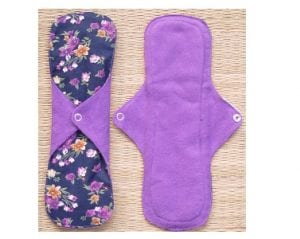
Agriculture
December 18, 2023
Implemented by
Eco Femme
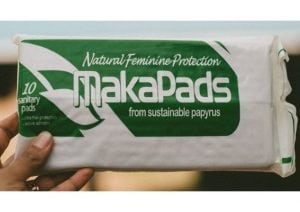
Agriculture
December 19, 2023
Implemented by
MakaPads
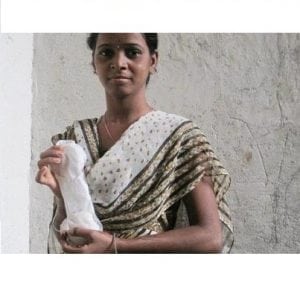
Agriculture
February 5, 2024
Implemented by
Saathi
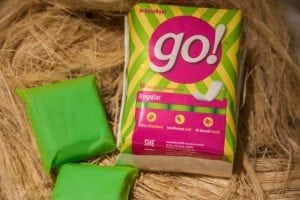
Agriculture
December 18, 2023
Implemented by
Sustainable Health Enterprise (SHE)
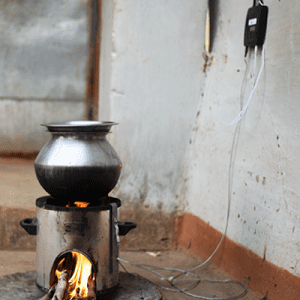
Agriculture
June 23, 2024
Implemented by
Nexleaf
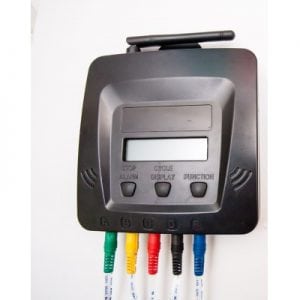
Agriculture
June 24, 2024
Implemented by
Nexleaf
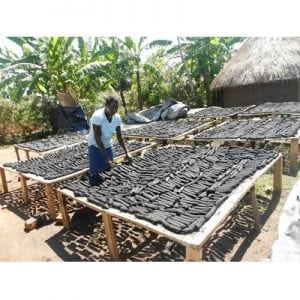
Agriculture
November 22, 2024
Implemented by
Appropriate Energy Saving Technologies Limited (AEST)
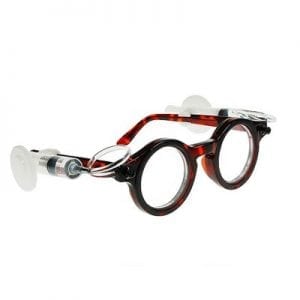
Agriculture
February 5, 2024
Implemented by
Centre for Vision in the Developing World
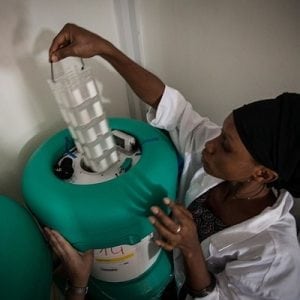
Agriculture
February 20, 2024
Implemented by
Intellectual Ventures Lab
Have thoughts on how we can improve?
Give Us Feedback